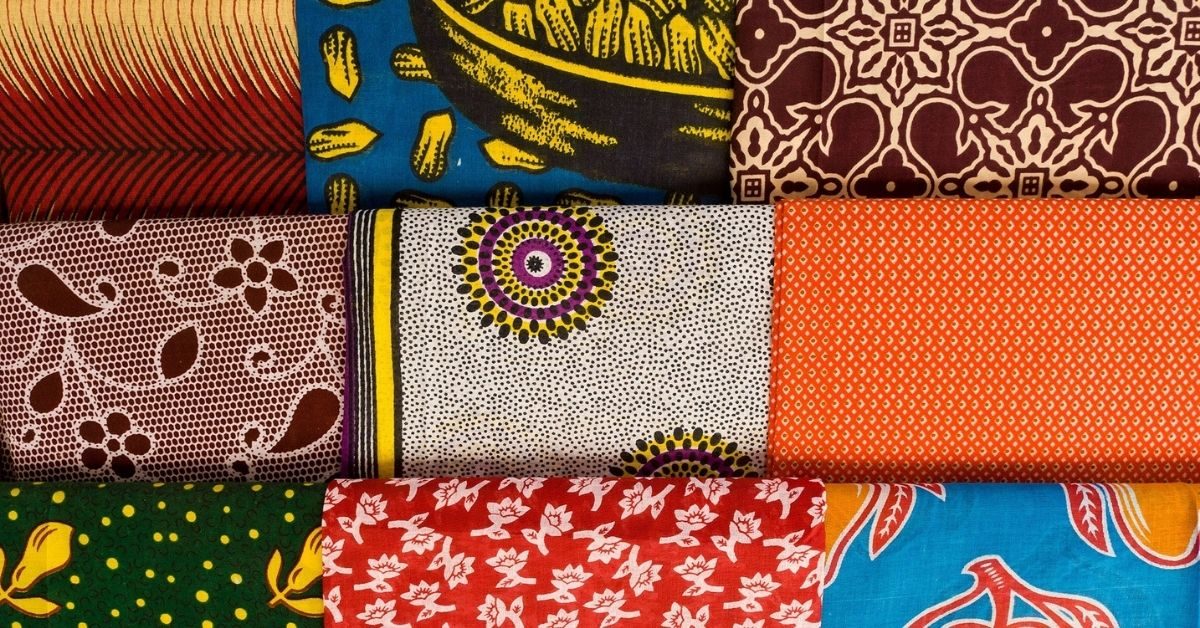Without a fixed policy for setting VAT at Tk3 on yarn and the absence of a proposal to abolish VAT on fabric made of synthetic fibre may hamper the “Made in Bangladesh” initiative, say textile manufacturers.
The absence of proposals like duty-free and tax-free import of all types of fibre will further hinder the process, according to the Bangladesh Textile Mill Association (BTMA).
BTMA further said that many of the proposals they had conveyed to the government have not been taken into account in the budget for the 2021-22 fiscal year.
Mohammad Ali Khokon, president of BTMA, made the remarks on the budget for the next fiscal year during a post-budget press conference held in the capital on Sunday.
“However, the proposal made in some areas of the budget to fulfil the prime minister’s dream of establishing the ‘Made in Bangladesh’ brand globally is a far-sighted initiative and the textile sector will also be a part of this initiative,” he said.
The BTMA president mentioned that clothing made of synthetic fibre is relatively easy to diversify in design and fashion and it is relatively cheaper and more comfortable than natural fibre.
“So, we proposed manufacturing such clothes locally which will further encourage product diversification and discourage mass imports of synthetic fibre yarn,” he added.
Not only raw cotton, polyester staple fibre, VSF, or flax fibre are now used in the manufacture of textile products according to the needs of the buyer or the export order, he also said.
“But this proposal is not reflected in the budget for FY22,” said Khokon.
However, reducing the advance tax on the import of raw material from 4% to 3% is very positive, he added.
“It is also a business-friendly decision to continue the duty rate of 1% on the import of capital machinery and to repeal the provision of collecting certificates from the departmental VAT officers,” he also said.
Moreover, textile manufacturers welcomed the continuation of ongoing facilities of the sector in the budget proposal for FY22, including the decision to continue the 1% export incentives.
Discount on the import duty of two items — photosensitive rotary screen and temperature probe — is undoubtedly commendable, speakers said at the conference.
“The tax rate of publicly and non-publicly traded companies has been reduced to 22.5% and 30% and the individual company tax rate has been fixed at 25%. The proposal will encourage investment as the budget does not impose any new taxes, including VAT and import duties,” he added.
In addition, the extension of the VAT exemption period is undoubtedly positive to encourage the manufacturers of raw materials for local industries.
The government has expressed views on phased withdrawal of bond facilities to ensure easy availability of raw materials for local industries, he said.
But they think that 18-C of the notification issued regarding VAT conflicts with this.
“Many of the local manufacturers, knit garments exporters, and woven fabrics manufacturers do not have bond licences. They procure yarn and cloth for export locally through back-to-back LCs,” he also said.
About 65% of the factories in the knit sector do not require bond licences. So, they urged the relevant departments to refrain from implementing this notification without taking into account the views of the stakeholders before.
“We proposed to fix the source tax deduction rate at 0.25%, re-determine the tariff value of oven fabrics, and impose import duty on parts used in the textile sector at 1%. We think if these proposals were included in the budget of FY22, the overall textile sector could have recovered Covid-19 losses,” Khokon further said.
He also said that they are committed to the successful implementation of the efforts of the prime minister to make Bangladesh a developing country by the year 2026.
“By now, textile and clothing are considered the most promising sectors in the country. With this in mind, we are again requesting the finance minister to provide a duty-free import facility for all the fibres,” he urged.
In the press conference, BTMA Vice Presidents Fazlul Hoque and Abdullah Al Mamun were also present, along with directors and members of the organization.
Source : Dhaka Tribune







